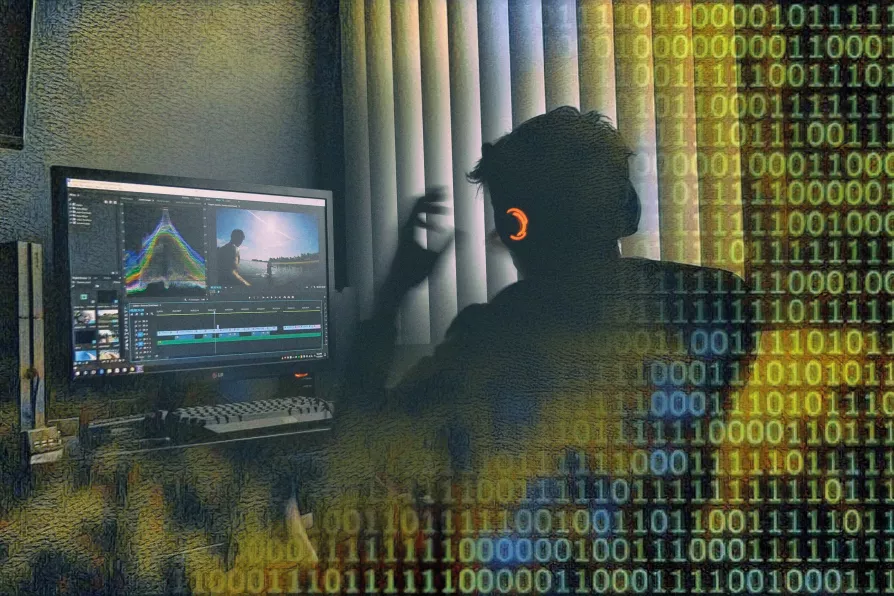Does widespread and uncontrolled use of AI change our relationship with scientific meaning? Or with each other? ask ROX MIDDLETON, LIAM SHAW and MIRIAM GAUNTLETT
AI and entertainment: here come the machines, there go the jobs
After the recent writers' and actors' strikes, the bosses in film and TV are embracing the cost-cutting potential of AI even faster than before — barely acknowledging that what they will be cutting is livelihoods, writes DENNIS BROE

 NO HUMAN NEEDED? Editing, storyboarding and animation all face being replaced by artificial intelligence
NO HUMAN NEEDED? Editing, storyboarding and animation all face being replaced by artificial intelligence
A MAIN topic of two current TV festivals was AI which, as in other industries, is being touted as a money-saving, cost-cutting entity.
This major trend, which has creators terrified and investors and studio executives “excited,” is the rapidly expanding use in every phase of the business of artificial intelligence, AI.
Perhaps the scariest projection of the technology, described by one longtime independent film assistant director as “nothing but plagiarising software,” is a new gameshow on Korean TV titled Gone Producer. In this nightmare gameshow scenario, the entire series is cast, directed, and produced by AI, which also judges the videos contestants submit in a competition.
Similar stories

ANSELM ELDERGILL asks whether artificial intelligence may decide legal cases in the future, in place of human judges, and how AI could reshape the legal landscape

DENNIS BROE notes what happens to content when the streaming giants incorporate AI and deregulation into their economic models











